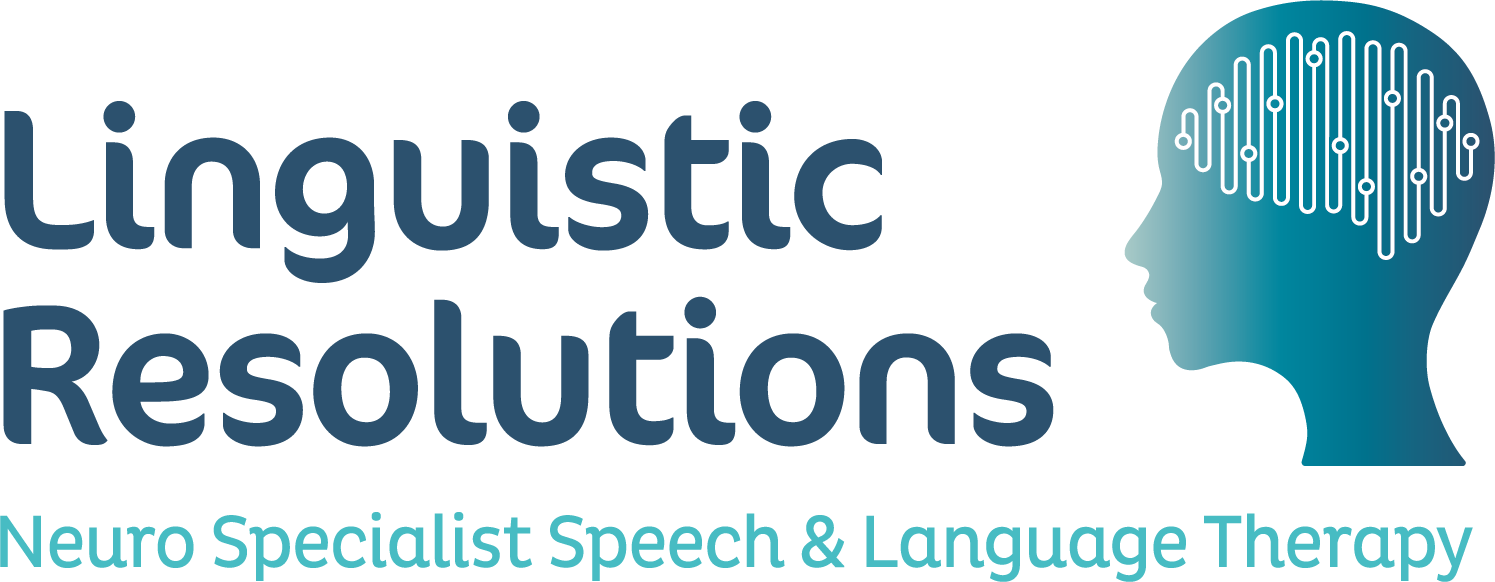Charlotte Sayers
SPECIALIST SPEECH AND LANGUAGE THERAPIST (NEUROLOGY)
Charlotte qualified as a Speech and Language Therapist in 2008 with a BSc (Hons) in Speech and Language Therapy from the University of Central England. She is registered with the Health Professions Council and a member of the Royal College of Speech and Language Therapists. Charlotte worked with the NHS since qualifying until March 2024, managing Adult Neuro caseloads (stroke, Brain Injury and progressive conditions) in a variety of acute and community settings.
In 2015 Charlotte took up the role as a clinical specialist Speech and Language Therapist, managing inpatients on hyper acute Adult Brain Injury Unit and a Neurological rehabilitation Unit in Leicester. Within the different settings she has worked, Charlotte has managed demanding and challenging caseloads, assessing and creating management plans for patients with acquired communication difficulties and complex dysphagia, as a result of a broad range of aetiologies. She has a wealth of experience working collaboratively with the multidisciplinary (MDT) team and is passionate about working as part of a highly coordinated interdisciplinary team. Her role within the team has included regular involvement in joint therapy sessions, creation of individualised care plans, positive behaviour support plans and dysphagia management plans and contributing to MDT goals/discharge planning, including complex, mutli-agency discharge reports and mental capacity assessment.
Charlotte has a well established knowledge of assessment tools relevant to a variety of client groups. She believes in working holistically with her clients to promote autonomy and independence, with a focus on values based goal setting.
Charlotte has a broad knowledge of the variety of appropriate therapeutic approaches available when working with patients with acquired communication and swallowing difficulties, incorporating evidence based practice and theoretical knowledge.
Charlotte is passionate about promoting the role of SLT’s, and has been regularly involved in providing training to other professionals and carers within acute and community settings. She has been involved in developing and delivering mealtime awareness training to housekeepers and care staff working closely with clients, in addition to completing Conversation Partner training sessions. It is Charlotte’s belief that training and education sessions offer valuable opportunities for other professionals, staff and carers to develop their knowledge and understanding of communication and/or swallowing difficulties, discuss concerns and worries within a supportive and confidential environment and, provide signposting to relevant support services available to them. Over her years of practice,
Charlotte has developed advanced skills through self directed learning, experience and attendance to a variety of interesting specialist courses. She has advanced and transferrable skills in the implementation of sensory stimulation (SMART) and assessment and management of patients presenting with a severe cognitive communication deficit and/or a prolonged disorder of consciousness.
Within her previous SLT role, Charlotte took a lead role, alongside an occupational therapy and Neuropsychology colleague, in researching, developing and delivering education sessions specifically for staff working with, and family of, patients in a Prolonged disorders of consciousness. Charlotte strives to expand her knowledge and improve her practice through continued professional development and clinical supervision.
Charlotte has completed post graduate RSCLT accredited dysphagia competencies, in addition to RSCLT Videofluoroscopy and Tracheostomy competencies. She is also a certified McNeill dysphagia therapy program (MDTP) provider. In her role within the NHS Charlotte would lead regular Videofluoroscopy clinics and assist in the management of tracheostomy patients within the trust, including the Intensive Care Units.
Charlotte has also provided supervision and support to SLT colleagues completing their competencies in these areas of clinical specialism. In her capacity as an experienced Speech and Language Therapist, Charlotte maintained a responsibility for supporting newly qualified practitioners, supervising SLT assistants and mentoring SLT students

